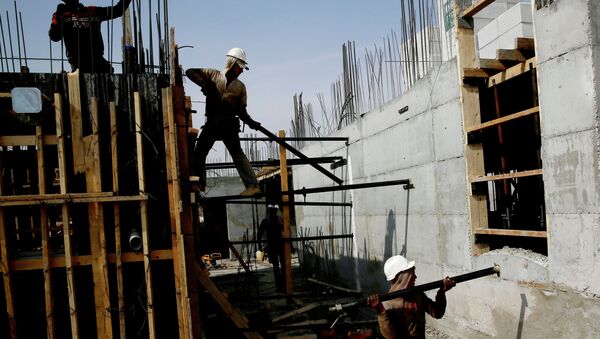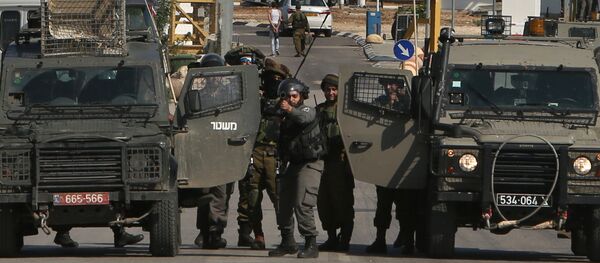It was announced on Tuesday that Israeli Prime Minister Benjamin Netanyahu has approved the removal of a freeze on the building and selling of 436 housing units in the Ramat Shlomo settlement in East Jerusalem.
According to Israeli NGO Ir Amim, which opposes settlement construction, the "announcement has only declaratory significance" and no new tenders have followed. However, "procedural steps to advance the plan could be taken at any time," the organization warned.
So what's behind the announcement while no tenders, or proposals for construction, have even been published? Israel was infuriated by the European Commission's new set of guidelines on marking products made in seized territories in East Jerusalem, the West Bank and the Golan Heights. According to the regulations, such goods should be labeled as "made in settlements," or even "product from Palestine" for goods produced in the West Bank.
Israel occupied East Jerusalem in the 1967 Six-Day War and later annexed the Palestinian territories. The move was never recognized by the international community, and the settlements are considered illegitimate under international law.
Around 200,000 Israelis currently live in 15 illegal settlements in East Jerusalem alongside a Palestinian population of 310,000.




